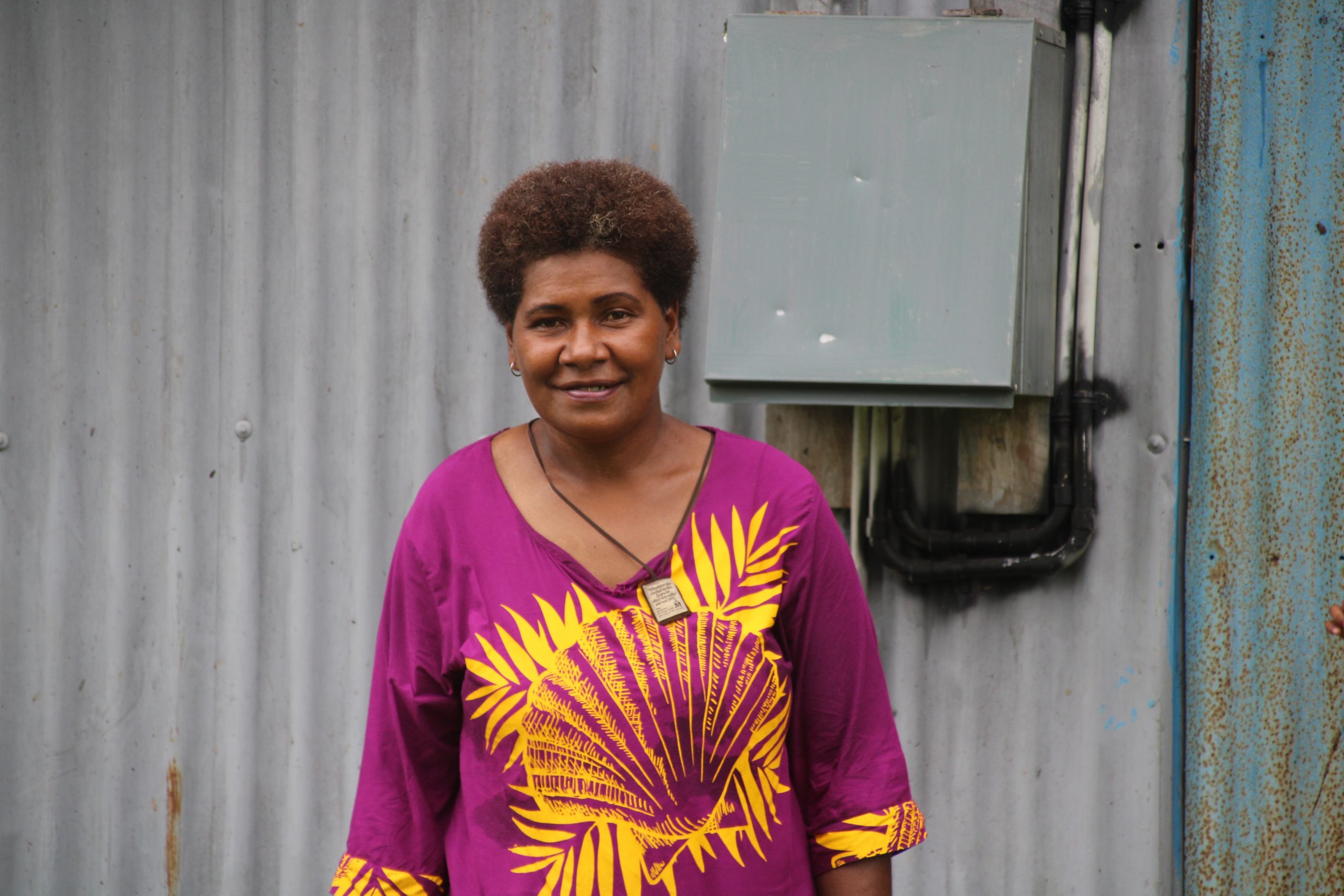In the small village of Lobau along Fiji’s Queen’s Highway, Asilika Matavola, a single mother of three, stands at the forefront of a battle against an invisible foe: climate change.
The village faces relentless assaults from rising tides and coastal erosion, leaving its residents grappling with the harsh realities of environmental degradation.
Matavola, the 38-year-old Lobau Women’s Club Secretary, recalls how the river, once easily crossed by her great-grandparents, has now swelled, swallowing land and threatening homes.
“When it’s high tide, I have to carry my children to the bridge or use boats to get them to the main road for school,” she explains.
“It’s a difficult and risky journey, especially considering how far some of our children travel for education.”
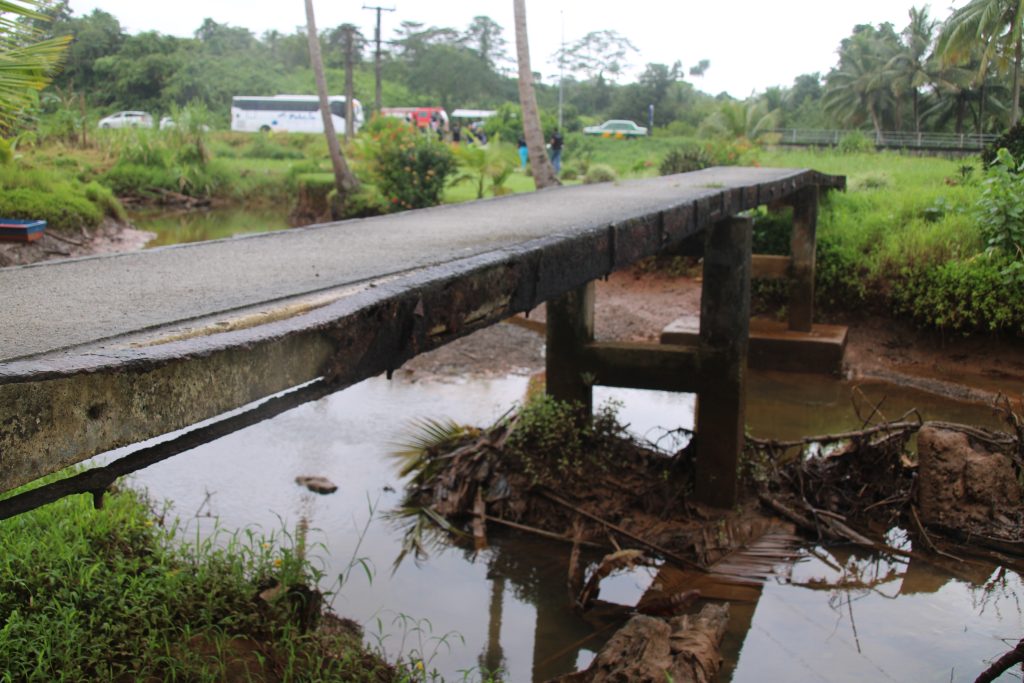

The low-lying location of Lobau makes it especially vulnerable.
“We cannot relocate since this land was given to us under another village,” Matavola explains.
“Our village is under the jurisdiction of Tui Namosi (Provisional Chief). Any relocation decisions must go through him.”
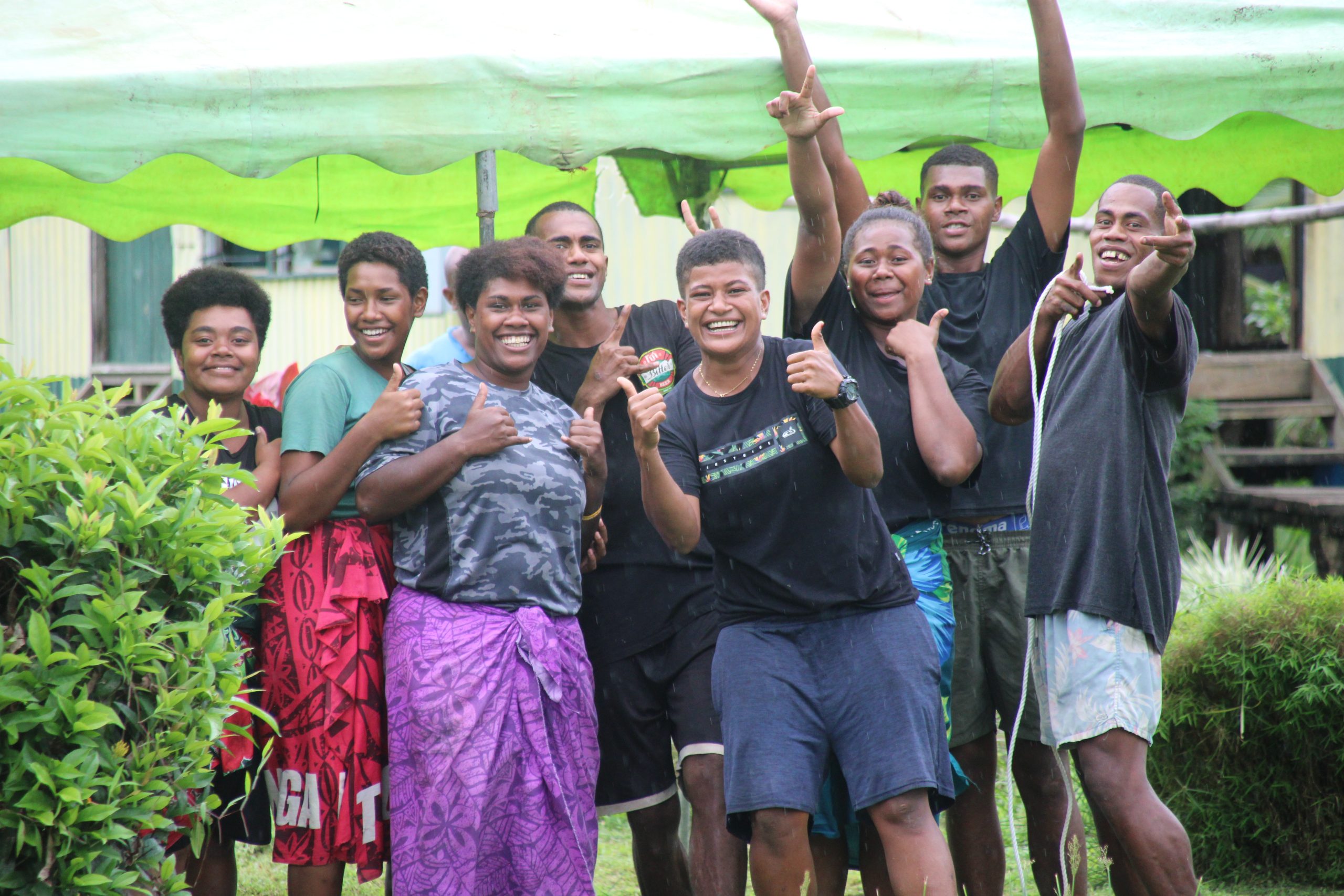
Matavola emphasises the cultural impact of potentially losing their ancestral home.
“This land is our ancestral home,” she said. “To leave would be to sever our connection to our traditions and ancestors.”
The encroaching tides threaten not only homes and infrastructure but also the villagers’ means of sustenance.
“We used to have plenty of food,” Matavola says. “But the land we once cultivated has been eroded, leaving us with nowhere to plant and forcing us to buy food that we once grew ourselves.”
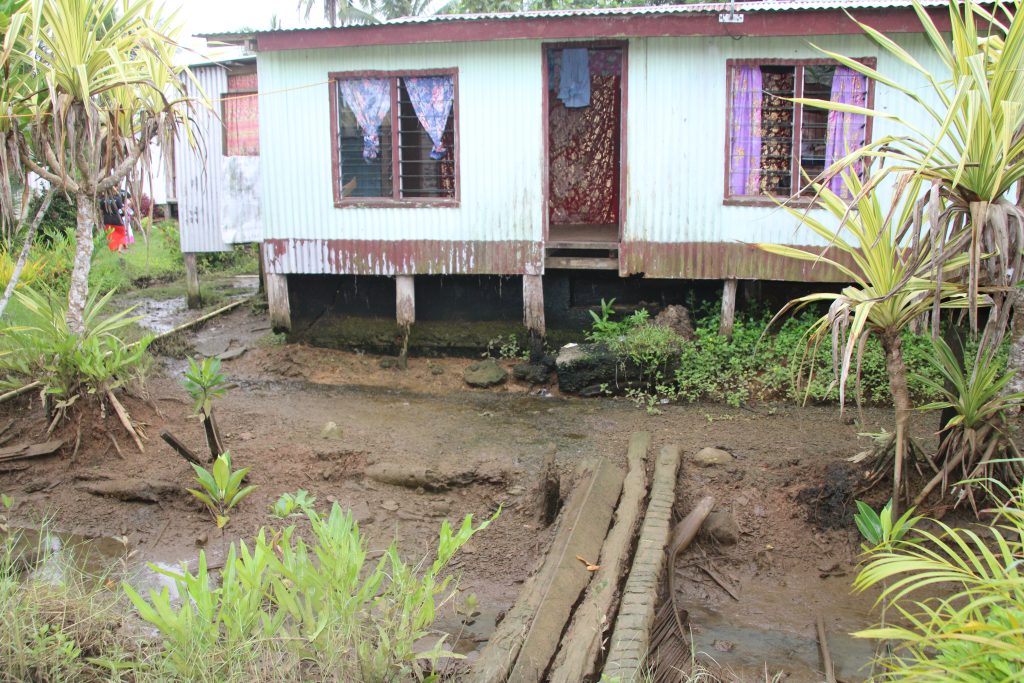
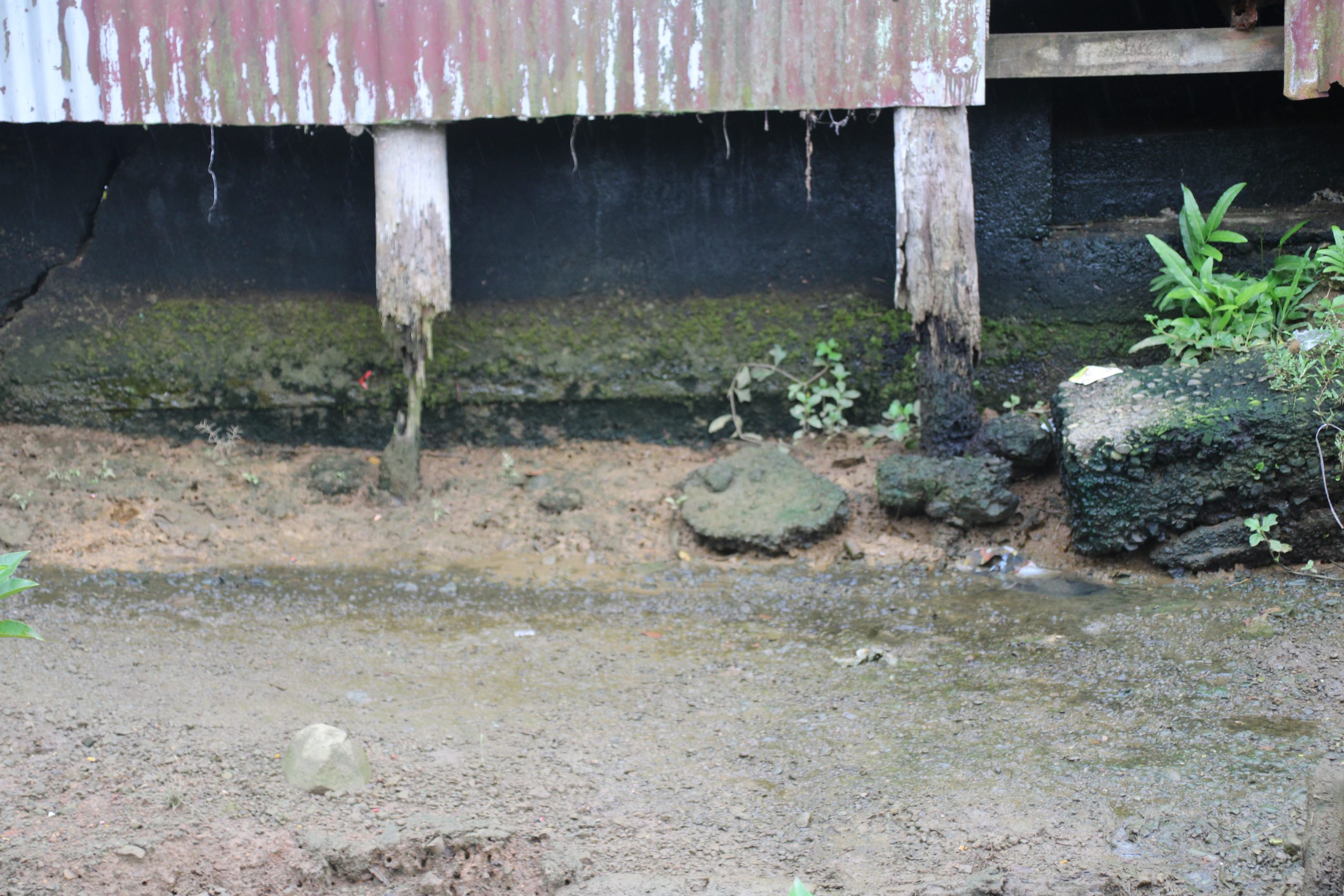
Despite these challenges, the women of Lobau Village remain resilient.
“We go out fishing, look after the household, and even do village work to help the men,” Matavola proudly states.
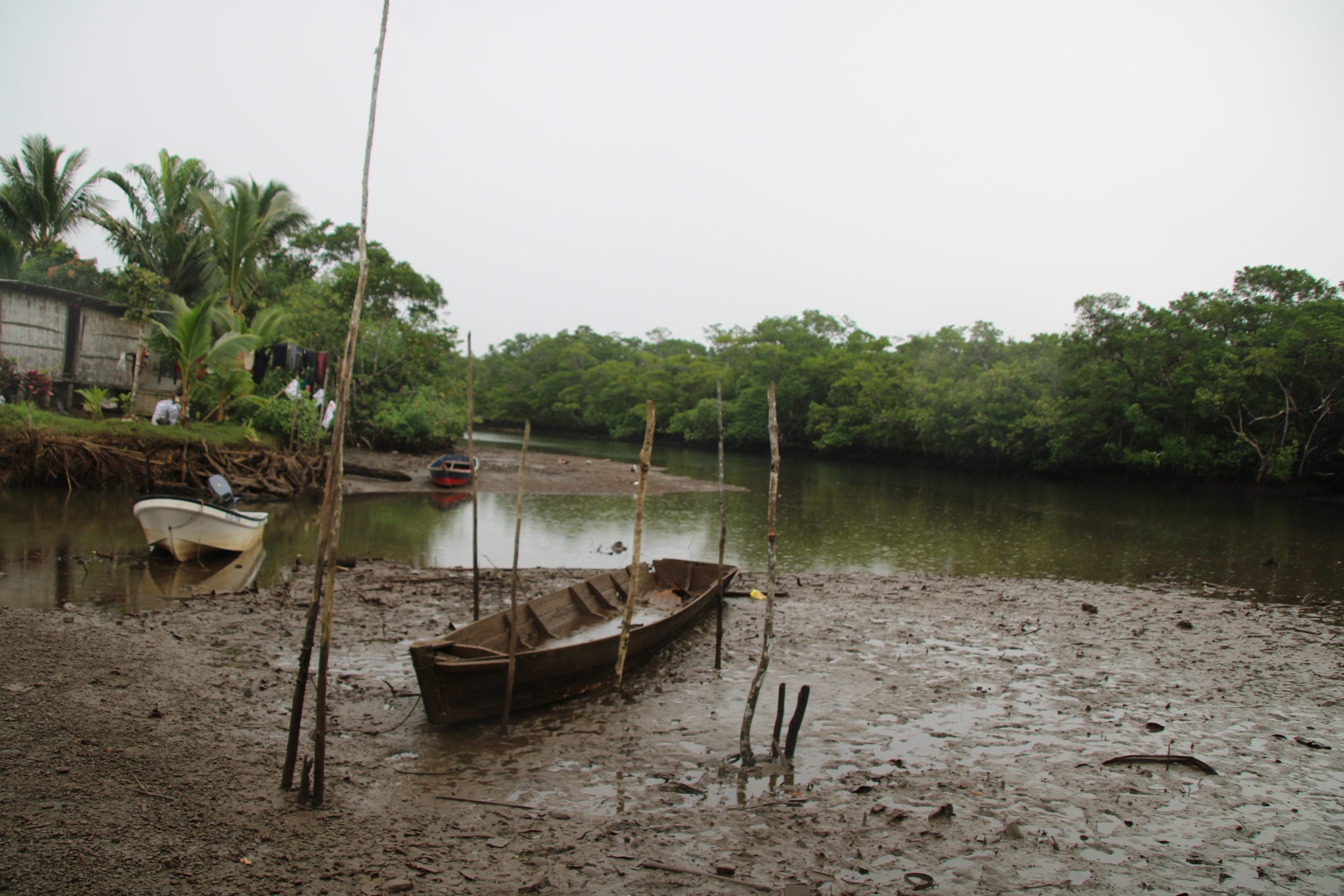
As a single mother, she faces the added responsibility of ensuring her family’s safety amidst these environmental uncertainties.
“It’s a tough job since my husband passed away two years ago,” she shares.“My house is near the riverbanks, and when the tide rises, water surrounds my home. It’s a constant battle to safeguard my family’s safety and well-being.”
In the face of adversity, the community looks for practical solutions. Matavola advocates for measures like dredging and building seawalls to mitigate the effects of coastal erosion and protect their homes.
“We want to build a seawall because we cannot relocate. Dredging and building seawalls can mitigate the impact of high tides. After the seawall, we want to plant mangroves to stabilise the coastline and protect our homes,” she explains.
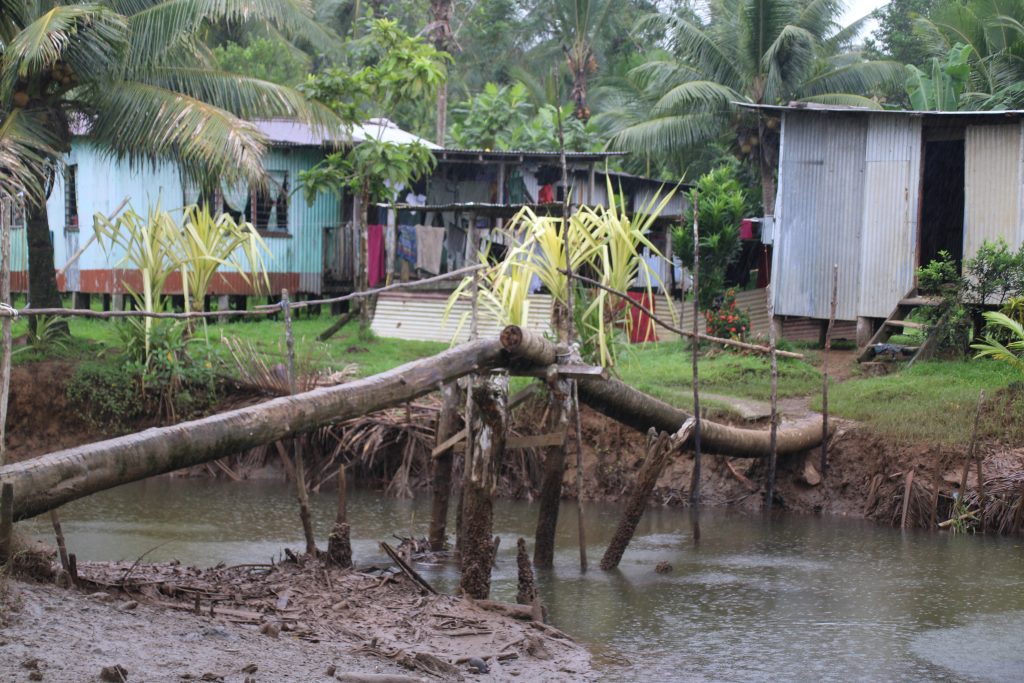
Matavola underlines the importance of community support, particularly for vulnerable members like the elderly and disabled.
“We take care of each other. It’s the only way we’ve survived this long. Sometimes people get sick because of these weather changes,” she explains.
“We have to go around to see people, to check on them, and support them. It’s very difficult for my village because it’s a low-lying area.”
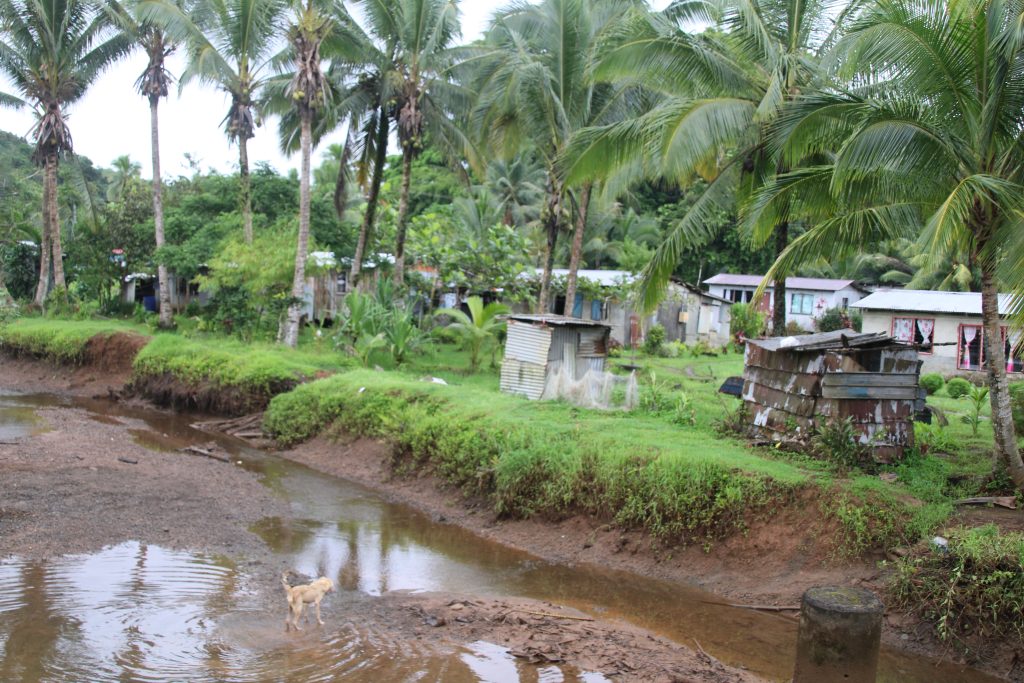
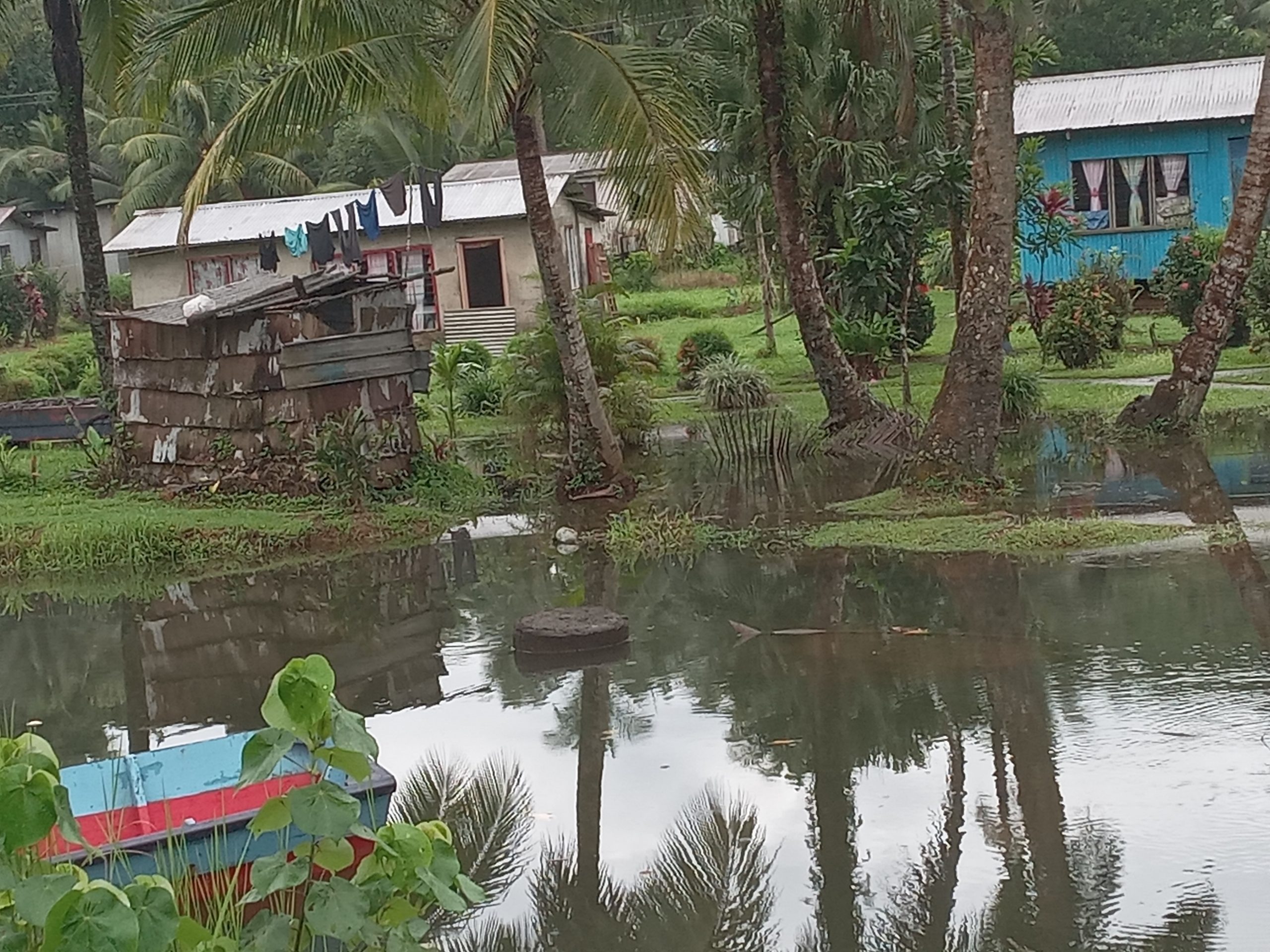
Evacuation is a grim reality during high tides and flooding.
“When it’s high tide, the first evacuation is our priest on the highland,” Matavola shares.
“Before the government comes, the priest is our first evacuation. We prioritise people with disabilities, pregnant women, infants, and the elderly, ensuring their safety. However long-term solutions require government support and collaboration.
We’ve raised concerns to the government, but little has been done. We are still waiting for action and solutions,” Matavola states.
As Matavola and her fellow villagers await assistance, she continues to advocate for her village.
“I’m still waiting for the Turaga ni Koro (head of a village) to hear what’s happening due to climate change so that we can agree for a consultant to come and discuss what they can do for the women in the village and agree on actions to safeguard our future,” she said, stressing the ongoing struggle for recognition and action on climate change.





